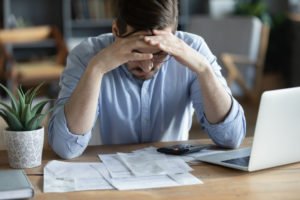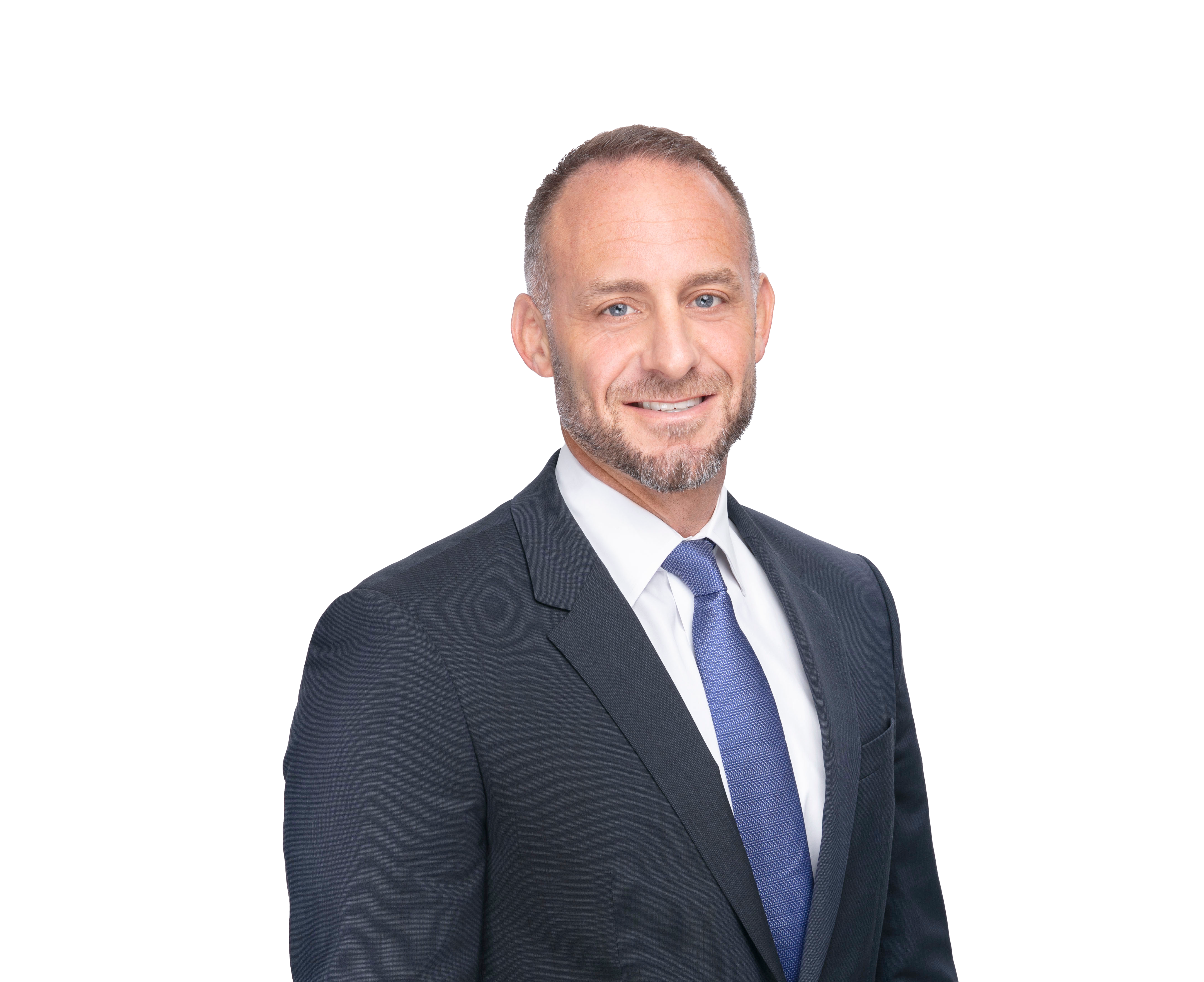
If you are considering bankruptcy, you do not have to pursue a fresh financial start without help. The right bankruptcy law team could help you through every stage of the bankruptcy process.
Before you attempt to pursue bankruptcy on your own, let a Kissimmee commercial law lawyer from our office review your case and advise you of your options. Our team could help you avoid unnecessary expenses or delays in your case. Call now for help.
We Answer Questions About Bankruptcy During Your Consultation
There is no reason to make an uninformed decision about filing for bankruptcy. Bogin, Munns & Munns offers consultations for potential bankruptcy clients. This case review gives you an opportunity to discuss your case with our bankruptcy law firm in Kissimmee before ever filing a petition.
Your initial consultation is an opportunity to ask the questions that are important for your case. What type of bankruptcy should I file? Can I stay in my house? How long will the process take? You could receive the answer to these questions and more during the course of the consultation.
To consult with an experienced bankruptcy lawyer serving Kissimmee
855-780-9986
Common Types of Bankruptcy Filings
There are several different options when it comes to filing a bankruptcy case. Some are more popular than others, and not all of them will be an option in your case. Certain types of bankruptcies are primarily targeted at business entities, while others might have strict income requirements that could bar some individuals from filing.
Your attorney could help you review your finances and determine which type of bankruptcy might be right for you.
Chapter 7
One of the most popular types of bankruptcies exists with Chapter 7 of the bankruptcy code. Also known as liquidation bankruptcy, these cases are typically shorter than most other bankruptcy proceedings. Often, a debtor can complete a Chapter 7 bankruptcy within several months. This form of bankruptcy is helpful for debts like:
- Credit card debt
- Medical bills
- Personal loans
- Utility bills
- Some old tax debts
The short timeframe for these cases makes this type of bankruptcy appealing to many people. However, it is limited to individuals who have little in the way of assets that could be used to pay off creditors. In fact, there is a means test that prevents debtors from filing under Chapter 7 if they make too much. In these cases, a debtor would have to pursue a Chapter 13 bankruptcy instead.
While it provides a fresh start by eliminating many debts, Chapter 7 can impact your credit score significantly and will remain on your credit report for 10 years.
Chapter 13
Another one of the most commonly used types of bankruptcy is Chapter 13. While Chapter 7 is primarily about the elimination of debt, Chapter 13 focuses on reorganizing a person’s finances so that they can avoid defaulting on the debts in the future.
That does not mean Chapter 13 won’t result in the discharge of certain debts. However, a debtor must first make monthly payments to their creditors for a certain number of years before a discharge is possible. Chapter 13 can be less damaging to your credit score than Chapter 7 and allows you to keep your property, including homes and cars. It will remain on your credit report for 7 years.
Chapter 13 is the most common option for individuals that own assets but that are also swamped with debts. Instead of turning over property to a trustee to liquidate, a debtor in a Chapter 13 case must make a plan to pay back some of their debts over the course of the case.
The Importance of Exemptions and Bankruptcy in Kissimmee
Bankruptcy exemptions are one of the primary ways a debtor can protect their assets—particularly in a Chapter 7 case. Exemptions allow a debtor to keep assets that they would otherwise be forced to liquidate in an effort to pay down their debts.
These exemptions are unusual in that they are written into state law as opposed to federal law. While the bankruptcy code is uniform across the country, each state has the power to determine its own exemptions.
Exemptions in the State of Florida
Florida is known for having one of the most favorable homestead exemptions in the country. A homestead exemption allows you to exempt the equity in your home as long as you have owned it for a certain length of time and it meets certain size requirements. The specifics of this exemption are governed by Florida Statutes §222.01.
State law also allows for other exemptions as well. Many of these exemptions involve personal property. For example, you could exempt prepaid medical accounts, prepaid funeral costs, health aids, education savings plans, and general personal property like art or electronics.
There is also a separate exemption for motor vehicles for up to $1,000. On top of these specific exemptions, there is also something known as the “wildcard” exemption. This exemption is a general catchall that can be used for up to $4,000 of any personal property. However, it is only available for Florida residents who do not make use of the homestead exemption.
Kissimmee Bankruptcy Lawyer Near Me
855-780-9986
Our Kissimmee Bankruptcy Lawyers Want to Help You take Control of Your Situation
As your dedicated Kissimmee bankruptcy attorneys, we understand the overwhelming stress that financial difficulties can bring. Our goal is to help you navigate through these challenging times with confidence and clarity. Here’s what we can do for you as a debtor:
- Assess Your Financial Situation: We’ll thoroughly review your financial status to determine the best bankruptcy option for you, whether it’s Chapter 7, Chapter 13, or another form of debt relief.
- Provide Legal Guidance: We’ll explain the intricacies of bankruptcy law and how it applies to your specific case, ensuring you understand every step of the process.
- Prepare and File Documents: Our team will meticulously prepare all necessary paperwork and file it with the bankruptcy court, ensuring accuracy and timeliness to avoid any delays or complications.
- Represent You in Court: We will represent you at all required hearings, advocating on your behalf to protect your rights and interests.
- Negotiate with Creditors: We’ll handle communications and negotiations with your creditors, aiming to reduce or eliminate your debt where possible.
- Develop a Repayment Plan: For Chapter 13 bankruptcies, we’ll help you create a manageable repayment plan that satisfies the court and your creditors.
- Offer Continuous Support: Throughout the entire process, we’ll provide ongoing support and updates, addressing any concerns or questions you may have.
Let us guide you towards a fresh financial start with our expertise and compassionate approach.
Our Bankruptcy Team Is Here to Help You Determine Your Options
A mistake during the bankruptcy process could delay your discharge or even see your entire case dismissed by the court. Our team can help you avoid these pitfalls and fight for the fresh financial start you need.
Bogin, Munns & Munns has a long track record of helping our clients obtain the relief they need from the bankruptcy process. Our job starts before you file your petition and continues until you obtain your discharge. To learn more about how our bankruptcy lawyers in Kissimmee can help, call our firm today.
Call or Submit Our Consultation Request Form Today



